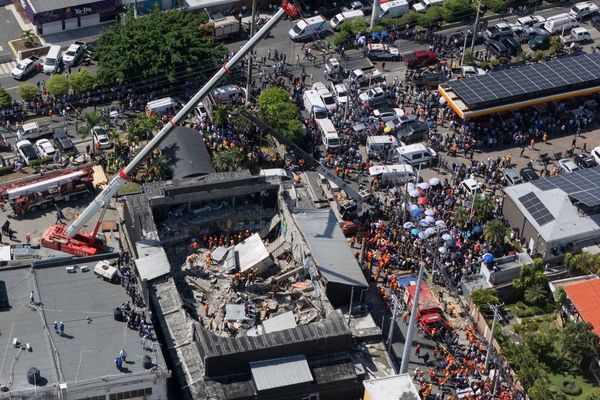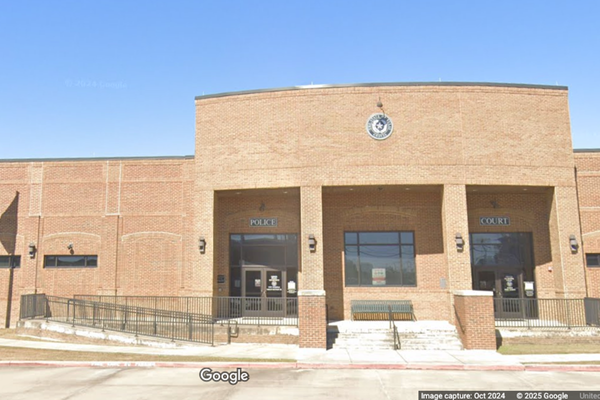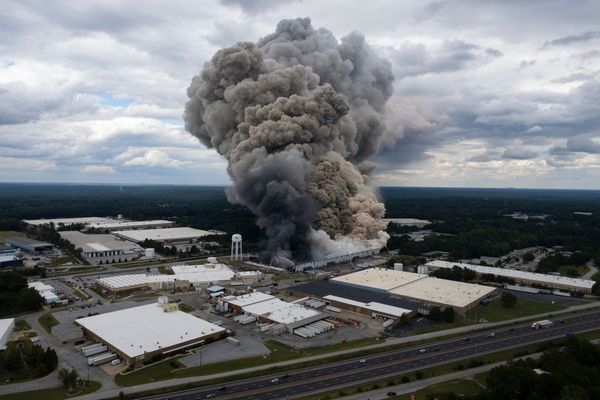
Drug seizures in the West African Sahel region have seen a significant increase, as per a recent U.N. report. The report reveals that in 2022, a total of 1,466 kilograms (3,232 pounds) of cocaine were seized in Mali, Chad, Burkina Faso, and Niger. This marks a stark contrast to the average of 13 kilograms (28.7 pounds) seized between 2013 and 2020. The report highlights that cocaine is the second most seized drug in the Sahel after cannabis resin.
Senegal, a country bordering the Sahel, recently made headlines with a record-breaking cocaine seizure of 1,137 kilograms valued at $146 million. This seizure, near an artisanal mine in the east of the country, is the largest ever intercepted on land. Incidents like these are becoming more frequent in the region, with the Senegalese navy seizing a total of 3 tons of cocaine at sea in December last year.
The strategic location of the Sahel, situated south of the Sahara desert and spanning from the Atlantic to the Arabian Ocean, has made it a crucial transit point for the increasing flow of cocaine from South America to Europe. This illicit drug trade not only poses threats to peace and health locally and globally but also provides financial resources to armed groups in the region, undermining peace and stability.
Lucia Bird, director of the West Africa observatory of illicit economies, noted a rise in crack cocaine consumption in Agadez, Niger, driven by payment in kind. Smaller traffickers receiving drugs as payment often offload them onto local markets due to a lack of contacts in more lucrative consumption destinations.
Another concerning trend is the direct exchange of Moroccan hashish for South American cocaine via West Africa, bypassing the need for cash payments. This method exploits price differences across continents and increases the volume of drugs trafficked overland, passing through conflict-affected areas of the Sahel.
The UN report also highlights the role of corruption and money laundering in facilitating drug trafficking. Recent seizures and arrests have exposed the involvement of political elites, community leaders, and armed group leaders in enabling the drug trade in the Sahel.
Leonardo Santos Sima~o, Special Representative of the UN Secretary-General for West Africa, emphasized the urgent need for coordinated action by states in the Sahel region and the international community to dismantle drug trafficking networks.







